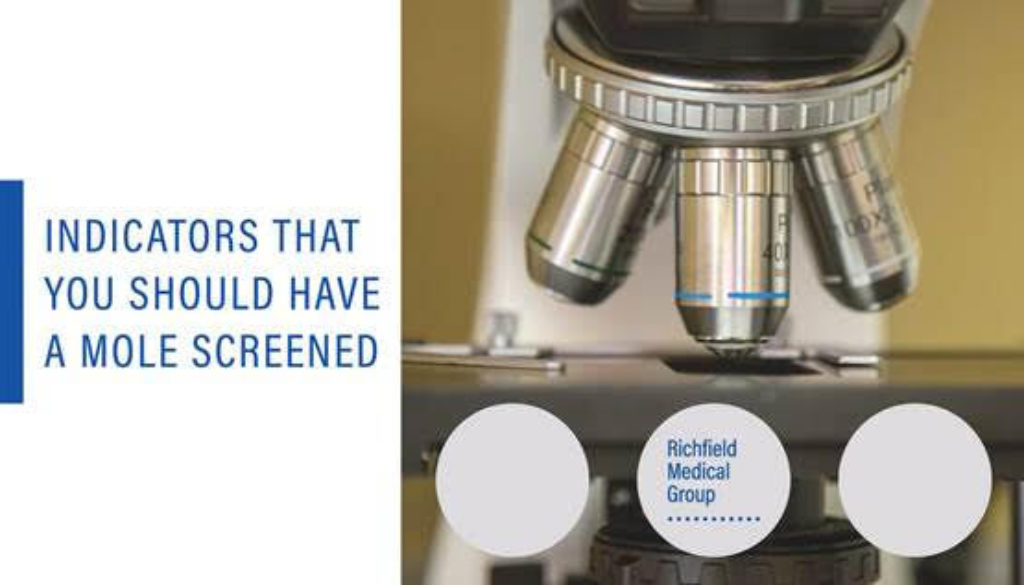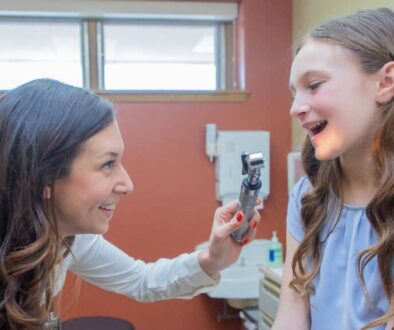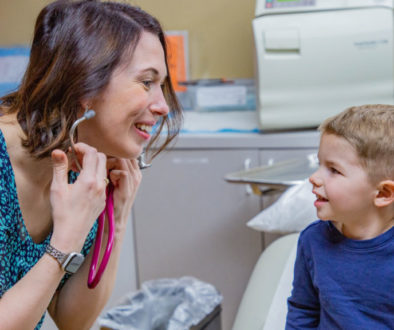Indicators That You Should Have A Mole Screened
Moles, sometimes referred to as beauty marks, are a collection of pigment-producing cells, known as melanocytes, that grow together in one location on the body. Most moles are completely benign. Some, however, can develop into dangerous skin cancers, which is why it is important to have even benign moles checked annually. That said, there are several points to consider that may warrant an extra trip to a dermatologist or to your primary health care provider.
Here are some key factors to consider when determining whether you need to have your moles screened:
They Change
Whether it be a change in size, shape, color, or texture, if you notice any change in your moles this could be a sign of developing melanoma. Pay attention to your moles and notice if they seem to get bigger over time, or if they exhibit any signs of flaking, itching, or scabbing. Benign moles will remain the same over time, while cancerous moles will grow over time. Clinicians encourage screening of moles whenever there is any sign of change.
The Color is Off
Many moles are a shade of brown. Though a mole’s color can differ from mole to mole, moles that exhibit multiple shades together should be screened. Colors that could be of concern are red, black, blue, white, or tan. If your mole is one color and then seems to change color, that is another sign to visit your primary health care provider or a clinician today.
The Edges Are Not Clearly Defined
Moles are often round and have a clear border between the melanocytes and the rest of the skin. A sign to visit a clinician is if the edges of your mole are ragged, blurry, or undefined. The blurred or ragged edges could indicate the mole is growing and changing.
They Are Large
The general rule of thumb according to clinicians is that a mole should be no larger than a pencil eraser. Of course, some large moles can be perfectly safe, but it is still a good idea to have them checked more frequently to be sure they remain benign. If your mole grows larger over time, that is another sign to have it screened. Preventive health care helps catch cancer cells before they spread.
They Are Newly Developed
If you develop a mole where before you did not have one, it is certainly a reason to have it screened. Moles you are born with tend to be safer than those that develop in adulthood. Moles that develop later in life tend to be a result of prolonged sun exposure and those that develop after the age of 50, in particular, should be closely monitored and regularly screened by a clinician.
Schedule A Screening Today
Preventive health care is the way to go when it comes to moles. If you have moles in need of screening, or if you have any questions, Richfield Medical Group’s care team of dedicated clinicians is ready to take an active role in your preventive health care. Schedule an appointment today at richfieldmedicalgroup.com.







